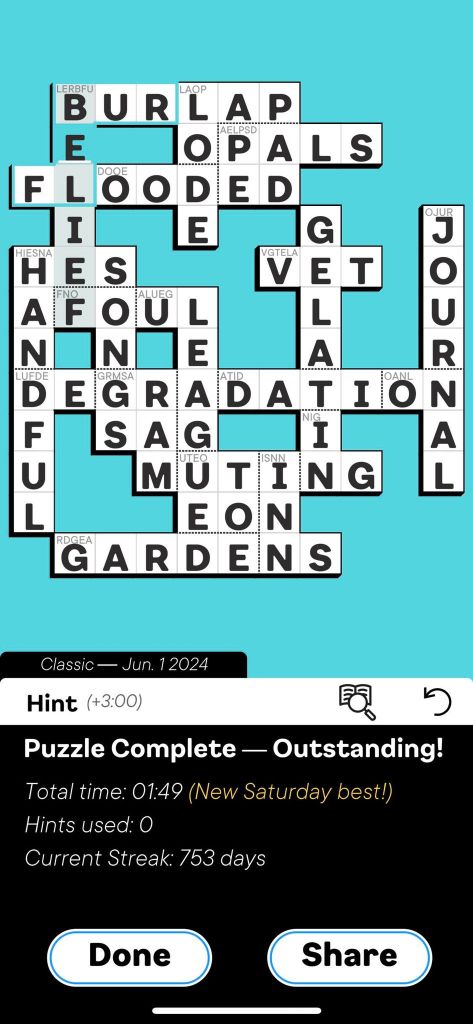Norco
Geography of Robots
PC, Xbox, Playstation
Norco is a rare achievement, balancing the legacy of adventure games and multiple movements of American literature. There are pops of Pynchon in product names and comical nobodies, broken by a culture that has no gods, visions of Vonnegut and P.K. Dick in science fiction absurdity, and yet still the lineage of material reality borrowed from Faulkner and Wright. These pair as neighbors to Kojima’s Snatcher and the backrooms of Wadjeteye’s modern adventures games like Unavowed and The Shivah.
The city of Norco is doomed. The cyberdystopian capitalists at Shield have failed to protect the people who work their oil refineries from floods, drugs, and gangs that have started to resemble cults. Your first player character, Kay, knows this before the game begins, and it’s why she left town. However, she’s returned after the passing of her mother, Catherine, and quickly wanders into a mystery. Kay’s brother has gone missing, and Catherine was investigating something Shield representatives took from the house without asking. When you play as Catherine, you quickly see that the client she’s working for, an online app contractor known as “Superduck,” is far, far more than she ever meant to meet.
We live in an age of “the narrative banger,” and Norco is pretty well read as these things go. Largely, it’s written in genuinely funny, conversational dialogue with people like your local scuzzy private detective or Pawpaw the Ditch Man, who believes Catherine and Kay to be direct descendants of Christ’s bloodline. In Catherine’s storyline, she meets the Garretts, a gang of pseudofascists who crack a lot of jokes about social media, porn, drugs, and the like who are being made to share a name by their leader John. This stuff is balanced against the introspective narration of a game like Disco Elysium, with extended (though infrequent) passages of beautiful prose. One great moment early on involves Kay remembering the three floods that have washed through the family’s home in Norco over the years, ending with a projection into the future of a fourth flood that will be the end of the homestead for good.
All this is joined with a strong pixel-art design, full of expressive faces, painterly horizons, and funny, simple animation. It’s really thoughtfully handled and sets the tone for a place that feels lived in, only for the horrors of technology to make mystic overbearance. Norco is a pretty darn good adventure game, with fun environments to explore, fun puzzles, great pacing. It makes this favorites list on the strength of its composition. Its understanding that black comedic satire and thoughtful poetic spirituality can be married, its purposeful use of moody chiptune grooves and pixel art that feels genuinely grimy, its considered politics and political incorrectness.
